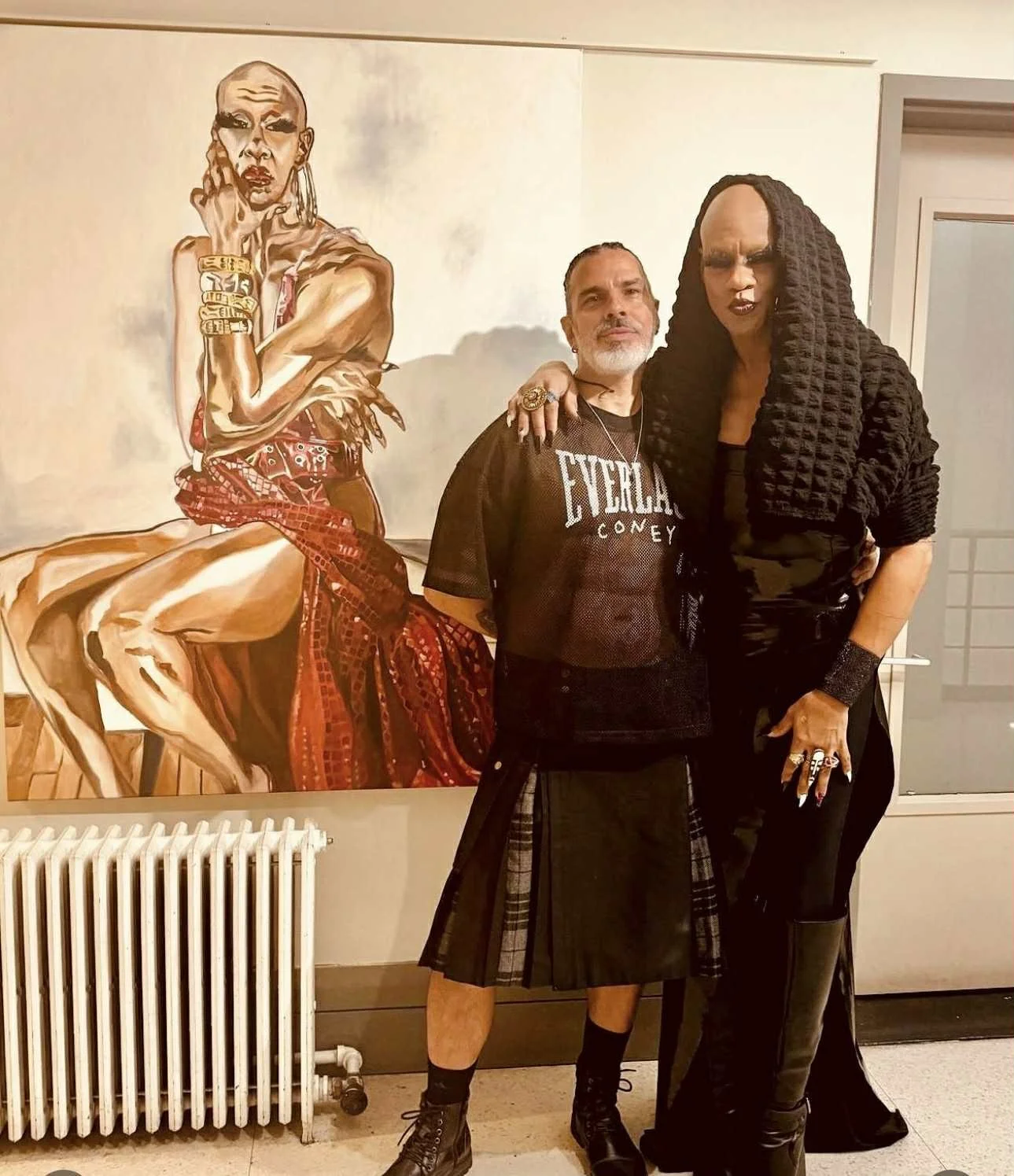Seduced/Seducer
Like Avedon in the writing, “Hidden Women”, I grew up a witness to the lives of two beautiful women: A single, working mother in her 40’s with waning old-Hollywood glamor; and a sister year-after-year blooming into an exotic thing out of the pages of fashion magazines. Men visited my mother frequently and the boys flocked to my sister. On the outside these two women were Cheshire-cat satisfied. But inside, in the shadows of our one bedroom apartment, when the men and boys left abruptly or (Heaven forbid) chose another—these two women were reduced to wet, weeping spirits. I knew, as a child, for all of their attributes, for all of the glory bestowed upon them for being lookers—they were powerless. And I was glad to be a boy.
The study, “Pretty Pleases” by PL Benson seems to mostly discuss the overwhelming social and psychological benefits of good looks. Benson explores how attractive people “tend to be more at ease socially” and that they are more likely to think that they control their own lives rather than thinking they are “pawns of fate and circumstance” (47).
Without a doubt, there is power in physical aesthetics. I teach at the high school level and, so, am at the mercy of adolescents who, according to Benson, have a “preoccupation with bodies that cannot be overstated” (52). I am a fantastic teacher (if I do say so myself) because I love what I do and I love teenagers. But, a part of me understands that one factor in why my Harlem scholars are more attentive to me, more well-behaved, more receptive, and more willing to trust my teaching is because I am, visibly, a gym rat. Once I understood this, I naturally played this up by wearing dress shirts that enhanced this perception. It was (is) a power I wield over the other teachers. And the students’ attention to the aesthetics of my build range from the innocence of observation (“Mr. Lopez is ockey!”) to the discomfort of chronic molestation (my man boobs have been grabbed, caressed, and pinched endlessly over these last several years by seemingly straight young men).
But such, for adolescence, is the fascination with anything “pretty”. According to Benson’s study, however, the majority of us, it seems, never get over this fascination and continue to “reinforce beauty as a form of status” throughout our adult lives (45).
It would be interesting, I think, to focus a study on the degenerative psychological effects of beauty—of that which is “given” (and with age, taken away).
Witnessing my mother and my sister tortured by men and boys, I understood the importance of character, dimension, and self-love. I put myself through college (I am the only college-graduate) and traveled much of the world (I am the only well-traveled person in my family). I established hobbies, and built up a coterie of quality friendships and relationships.
I am an OK-looking fellow but any compliments hurled in my direction receive a dismissal that borders on rude. It is frightening. I do not want to be connected to weeping spirits.
My mother and sister, meanwhile, are melting away under the sun of Tampa, Florida, turning shades of reddish brown. They have new teeth. My sister has new breasts. My mother (now 80), I see wonders where her glory went and is a very angry old woman who cannot believe that people would disobey her. My sister (now closing in on 50) vacillates between “I’ve still got it” and “It’s gone—but I can save it”.
So while this study focuses on all the doors that appear to open for pretty people, I am left wondering about all the developmental-doors that have been closed—or never opened—as a result of the injustice of the given.
